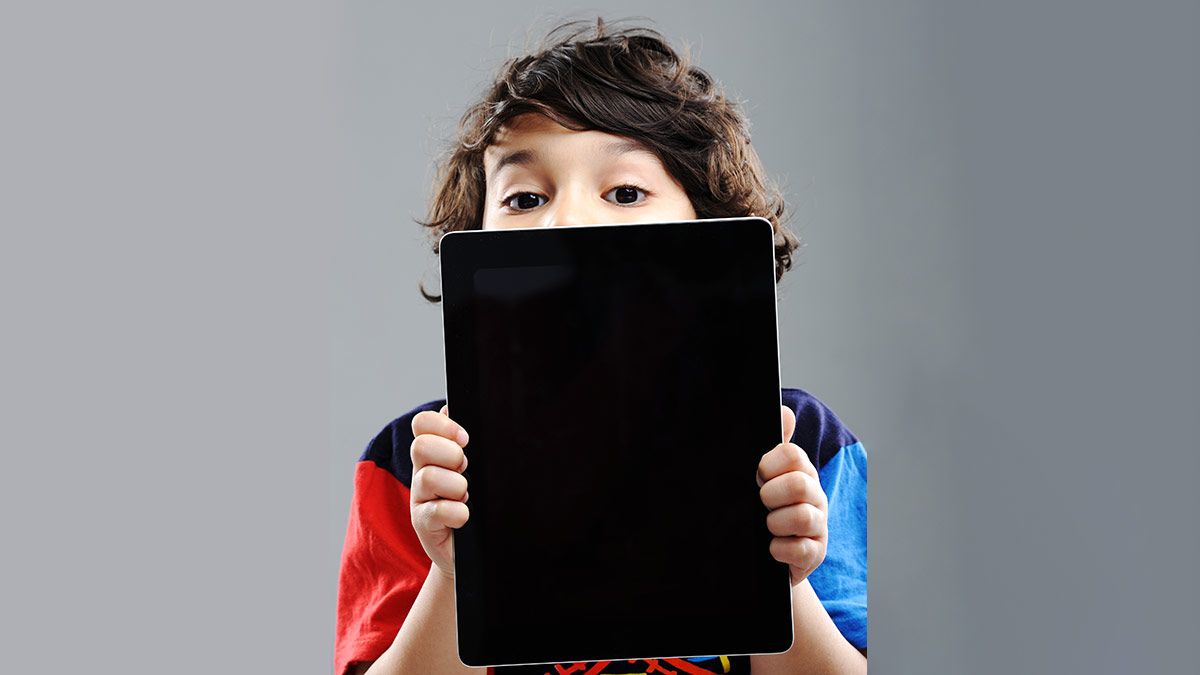Social media use linked to depression risk in preteens

Preteens who spend more time on social media may be at greater risk for depression, according to a US study published in JAMA Network Open. The study explored a key question: Does social media use contribute to depression in children, or are depressed kids more likely to turn to social media?
To investigate, researchers analysed data on depressive symptoms and social media use among nearly 12,000 children, first at ages 9 and 10, and again at ages 12 to 13. Over that period, average daily social media use rose from just 7 minutes to 73 minutes, and symptoms of depression increased by 35 per cent. However, individual increases in depressive symptoms were not associated with increased social media use.
“These findings provide evidence that social media may be contributing to the development of depressive symptoms,” the study said. While the reason for the link is not clear, prior research suggests that cyberbullying and disrupted sleep may play a role.
A separate study by the same team, published in The Lancet Regional Health–Americas, found that children aged 11 to 12 who experienced cyberbullying were 2.62 times more likely to report suicidal thoughts or attempts a year later. They were also 2.31 times more likely to experiment with substances such as marijuana, nicotine or alcohol.
Researchers say younger generations face a catch-22—while social media is a key tool for connecting with peers, it is also associated with depressive symptoms and a higher likelihood of risk-taking behaviours. Experts stress the importance of fostering healthier digital habits among both children and their parents to support mental well-being in the digital age.
Health